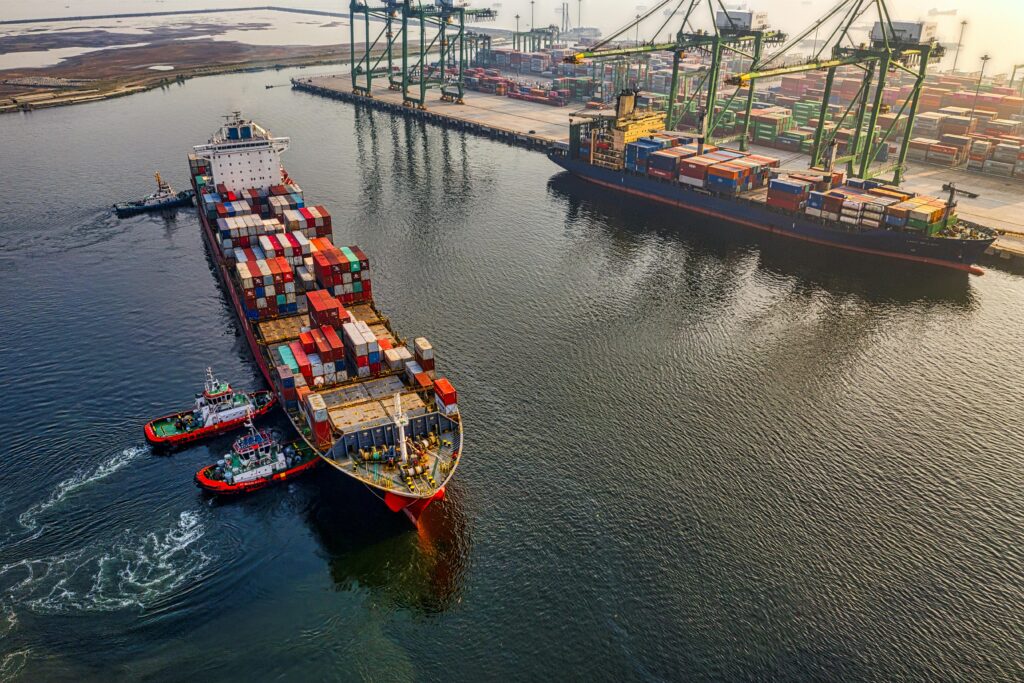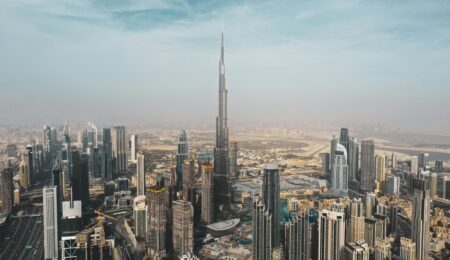In a significant step towards strengthening economic and political relations, the European Union (EU) and the United Arab Emirates (UAE) have officially announced the launch of Free Trade Agreement (FTA) negotiations. This landmark decision marks a new phase in global trade cooperation between Europe and the Middle East and is expected to bring long-term benefits for both regions.
The announcement, made in April 2025, signals a shift towards deeper commercial ties, greater investment opportunities, and stronger collaboration in sectors such as energy, digital innovation, transport, and sustainability.

What Is a Free Trade Agreement?
A Free Trade Agreement (FTA) is a treaty between two or more countries to reduce or eliminate barriers to trade, such as tariffs, import quotas, and other restrictions. FTAs aim to make it easier for businesses in one country to export goods and services to another.
In the case of the EU-UAE agreement, this could open the door to smoother trade of goods, improved market access for services, and simplified investment rules for companies operating across both regions.
Why Is This Agreement Important?
The UAE is already the EU’s top trading partner in the Gulf region. In 2023, bilateral trade between the EU and UAE reached over €50 billion, with European countries exporting machinery, vehicles, pharmaceuticals, and aircraft to the UAE, while importing oil, aluminum, and petrochemical products.
With an FTA in place:
- EU businesses can gain better access to UAE markets and set up operations with fewer restrictions.
- UAE companies can expand more easily into Europe, bringing local products and investments to new audiences.
- It will boost trade in renewable energy, artificial intelligence, financial services, and green technology, which are key priorities for both sides.

Key Sectors Expected to Benefit
Here are the industries that are likely to gain the most from the EU-UAE Free Trade Agreement:
1. Renewable Energy & Clean Tech
The UAE has invested heavily in clean energy, including solar and hydrogen. European companies leading in green tech could play a huge role in supporting the UAE’s Net Zero 2050 strategy.
2. Digital Economy & Fintech
Both the EU and UAE are focusing on digital transformation. An FTA could encourage tech startups, cybersecurity partnerships, and blockchain-based trade facilitation.
3. Aerospace & Automotive
With major European companies already active in the Gulf, the removal of trade barriers would reduce costs, promote R&D collaboration, and improve export opportunities.
4. Luxury Goods & Tourism
Easier market access would help luxury brands, airlines, and hospitality players from both sides capitalize on high-spending consumer markets.

🇦🇪 What This Means for the UAE
For the UAE, this agreement reflects its strategic vision to become a global trade and innovation hub. The FTA supports the goals of “We the UAE 2031,” the country’s long-term national strategy to diversify its economy beyond oil and attract global investment.
It also sends a message to global investors that the UAE is serious about transparency, modernization, and international cooperation.
🇪🇺 What This Means for the EU
The European Union, in turn, gains a stronger presence in the Gulf Cooperation Council (GCC) region. With ongoing competition from China and the U.S., this agreement helps the EU expand its influence, especially in strategic sectors like energy and defense.
Final Thoughts
The EU-UAE Free Trade Agreement negotiations mark a significant milestone in international economic diplomacy. As the world faces challenges like climate change, digital disruption, and geopolitical uncertainty, this deal shows the power of collaboration.
If successfully concluded, the FTA will provide new opportunities for businesses, entrepreneurs, investors, and workers across both regions.
Stay tuned for updates as the negotiations progress — and get ready for a new era of global cooperation between Europe and the UAE.





Leave a Reply